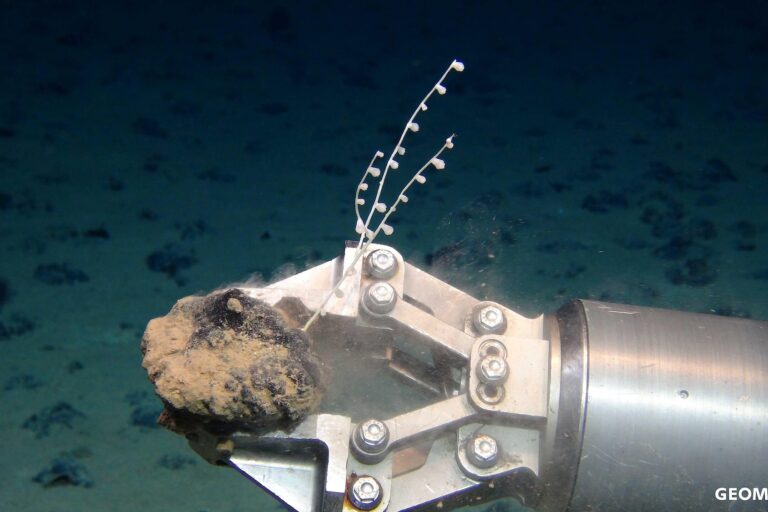On June 25, the United States Department of the Interior (DOI), a department within the federal government that manages the nation’s natural resources, announced plans to accelerate the initiation of deep-sea mining in U.S. waters, effectively enacting President Trump’s executive order that calls for fast-tracking the industry. As part of this effort to briskly move things along, the Bureau of Ocean Energy Management (BOEM), an agency within DOI, will be introducing various policy changes, such as expediting the permitting process, extending the duration of prospecting permits and reducing the timelines for environmental reviews. Critics have raised concerns over these developments, not only due to the controversial nature of deep-sea mining, but also because of the hurried pace at which BOEM is advancing these plans. While deep-sea mining has not yet started anywhere in the world, many experts warn that the industry could cause irreversible harm to marine ecosystems that are already under substantial stress from human-driven climate change and other environmental pressures. Industry proponents, however, argue that deep-sea mining is vital for securing reliable supplies of critical minerals needed for the green transition, energy security and defense. The majority of deep-sea mining interest has focused on polymetallic nodules — potato-sized rocks containing nickel, copper, cobalt and manganese — but mineral deposits can also be found on the cobalt-rich crusts of seamounts or ridges, or the sulfide deposits around hydrothermal vents. These unassuming brown blobs are polymetallic nodules (also called manganese nodules) and contain valuable metals. Image by Hannes Grobe via Wikimedia…This article was originally published on Mongabay
Search
Recent Research
Want your Blog Article featured on our website?
Research
Featured News
Explaining Katsina’s Massive Leap to 2nd Position in the 2025 Climate Governance Ranking
In 2024, during the first edition of the Subnational Climate Governance Performance Rating and Ranking,
COP30: Firm to connect institutions with international climate finance opportunities
SISTME, a climate change and biodiversity conservation consulting firm based in Argentina, has offered to
From resistance to planetary governance, Indigenous women redefine global climate action
While world leaders negotiate behind closed doors in the Blue Zone of COP30, Indigenous Women
Sahara Group Foundation launches 16th Sahara Go Recycling Hub to boost environmental sustainability, economic empowerment
Sahara Group Foundation, the corporate social impact arm of Sahara Group, has commissioned its 16th
Climate finance is the lifeblood of climate action – Simon Stiell at COP30
Remarks delivered by UN Climate Change Executive Secretary, Simon Stiell, at the third High-Level Ministerial
UNDP, REA, GEF commission Plateau solar mini-grid to power agricultural value chains, empower rural communities
The United Nations Development Programme (UNDP), in partnership with the Rural Electrification Agency (REA) and
COP30: Africa urges world leaders to turn pledges into action
Africa has called on the world leaders to turn their pledges into action regarding the
Thousands join global marches calling on govts at COP30 to deliver climate justice
An estimated 30,000 people marched through the Brazilian city of Belém on Saturday, November 15,


